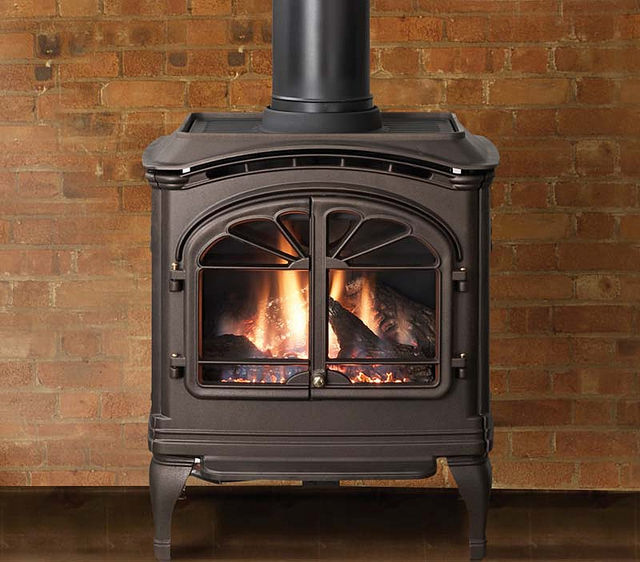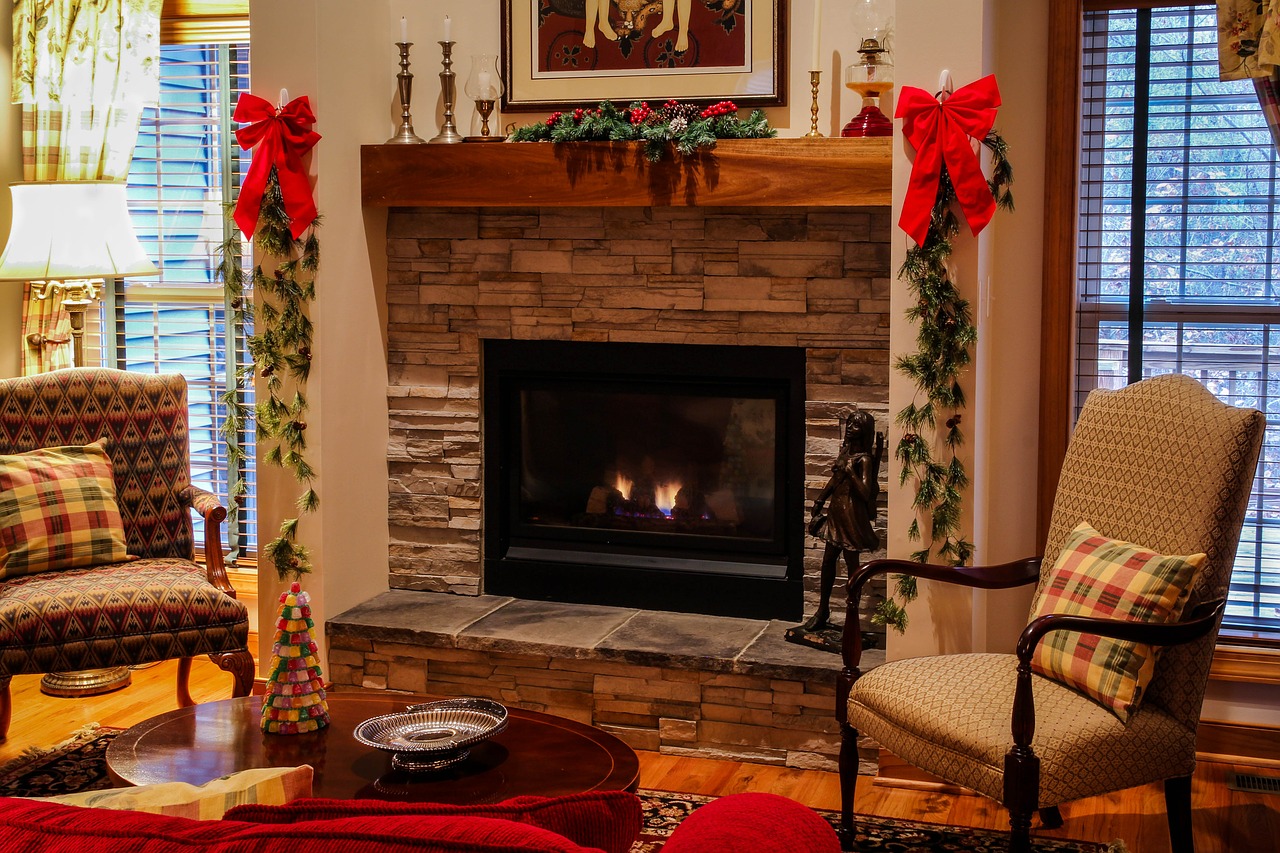6 Ways to Keep Your Energy Bill Down During Winter
 Heating your apartment or home can be one of the more expensive components of your utility bill. During the winter, as the temperatures drop, heating bills typically increase. Thankfully, there are a few things you can do to make your home more efficient and reduce energy costs. Here are several tips to keeping cost low while keeping you warm this winter:
Heating your apartment or home can be one of the more expensive components of your utility bill. During the winter, as the temperatures drop, heating bills typically increase. Thankfully, there are a few things you can do to make your home more efficient and reduce energy costs. Here are several tips to keeping cost low while keeping you warm this winter:
1. Use supplemental heating
One of the biggest ways, if not the biggest way, to save money during the winter is to only heat the rooms you use. By using a stove, fireplace, heater, or gas logs to only heat the room you are in along with dropping the thermostat down to 60-65 degrees, you could save as much as a couple hundred dollars a year on your energy bill.
When using the heat from the fireplace for zone or supplemental heating, it allows homeowners to rely less on the home’s central heating unit and save on their energy bill. According to the HPBA, zone heating can save some homeowners as much as 20-40%. In addition, reversing your ceiling fan and running it on low can recirculate the warmer air at the top of the room.
Also, if you have rooms that you rarely use such as guest rooms or large storage areas, close off the vents to those rooms to be more energy efficient.
2. Adjust the thermostat
According the U.S. Department of Energy, you can save 10% per year on heating bills if you turn down your thermostat 10 to 15 degrees for 8 hours. Set your thermostat at about 68 degrees or lower throughout the day, and even lower at night. Programmable thermostats are a good investment and make it easy to set back the temperature.
Setting your thermostat below 65 degrees at night or when gone for extended periods of time can save 5-20% on your heating bill. If you think you might get chilly, just put on a cozy sweater and socks, throw an extra blanket on, or add a rug to insulate the floor.
3. Seal windows
To prevent cool air from entering your home, make sure to caulk any cracks around windows and doors. Seal up any leaks. Look for places where there are pipes and vents that go through the wall, ceiling, or floor. If you find any gaps, make sure to seal them up. Caulk works best for smaller gaps.
4. Reduce heat loss from fireplace
 When not in use, make sure the damper is closed. Keeping it open is like keeping your windows open during the winter. It allows warm air to go up the chimney. When you do use the fireplace, you can reduce heat loss by opening dampers in the bottom of the fireplace or opening the nearest window by about an inch. Also, if possible, close the doors of the room. This will allow you to lower the thermostat setting and still stay warm.
When not in use, make sure the damper is closed. Keeping it open is like keeping your windows open during the winter. It allows warm air to go up the chimney. When you do use the fireplace, you can reduce heat loss by opening dampers in the bottom of the fireplace or opening the nearest window by about an inch. Also, if possible, close the doors of the room. This will allow you to lower the thermostat setting and still stay warm.
If you never use the fireplace, plug and seal the chimney flue. If you do use your fireplace, installing glass doors and a heat-air exchange system will put the warm air back in the room. Also, have your fireplace inspected before and after heating season to ensure its efficiency.
5. Maintain heating systems
The system heating your home is very important. A well-maintained heating system runs more efficiently. If it’s an older, less-efficient unit, upgrading to a high efficiency air-source heat pump might be a wise choice.
Contact your local energy company for a tune up of your system. The cost of a complete tune up of the home varies, but regardless, it is a worthwhile investment and can reduce your home heating bills anywhere from 3 to 10 percent.
A heating system that is dirty, not working properly, or has leaks can cause inefficiency in the way hot air spreads throughout the house. Dirty air filters restrict airflow and increase energy use. Remember to check filters monthly and replace when needed. By doing so, you can save 5% on heating costs.
6. Go tankless
Heating water is the second largest energy expense in your home. Not only do tankless water heaters last 20+ years and give you hot water on demand, but they can also save you 24-40% on your energy bill. Tankless water heaters are highly efficient because they only heat water when needed.
For more information and tips on efficiently heating your home, download our FREE complete guide to gas hearth products!


